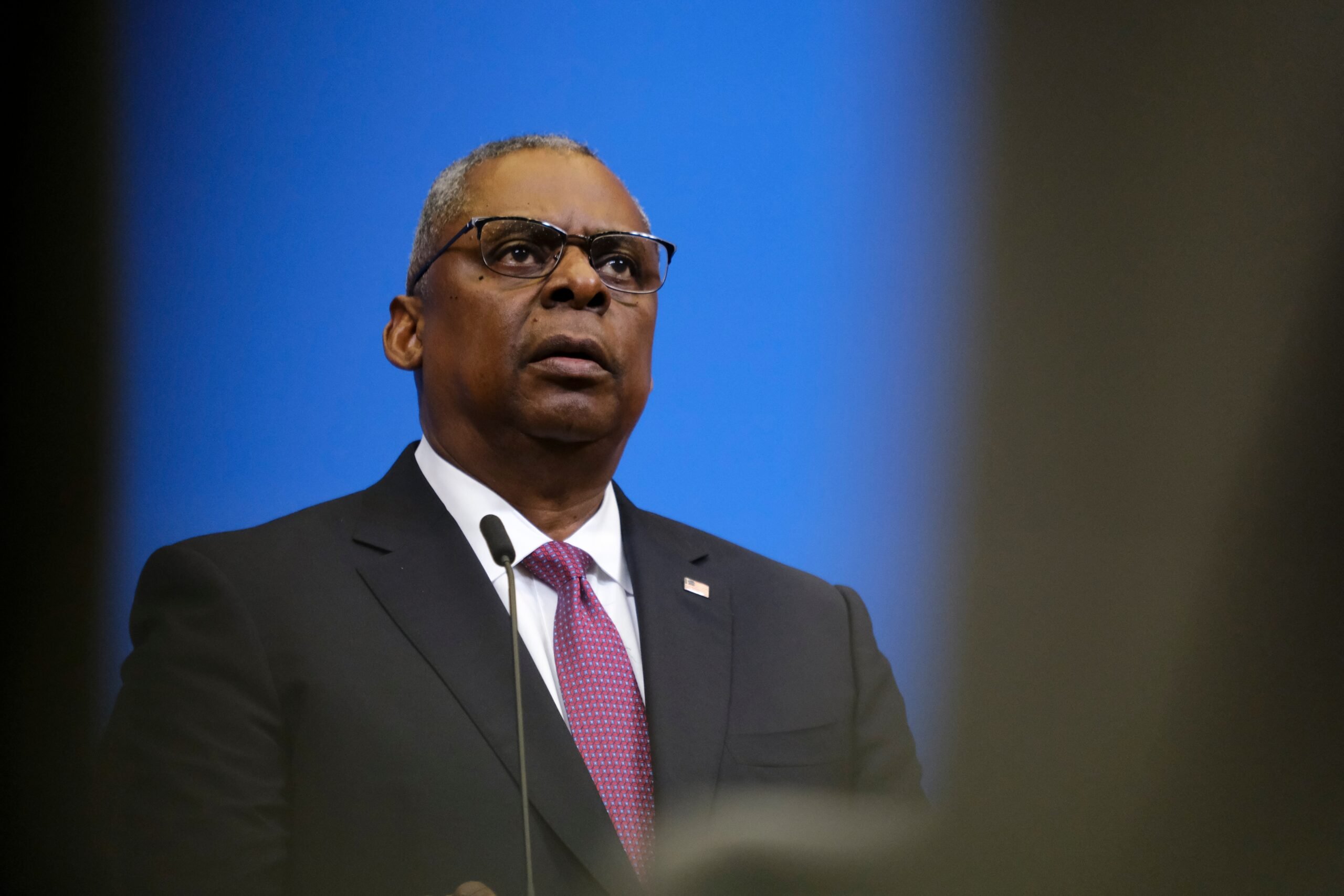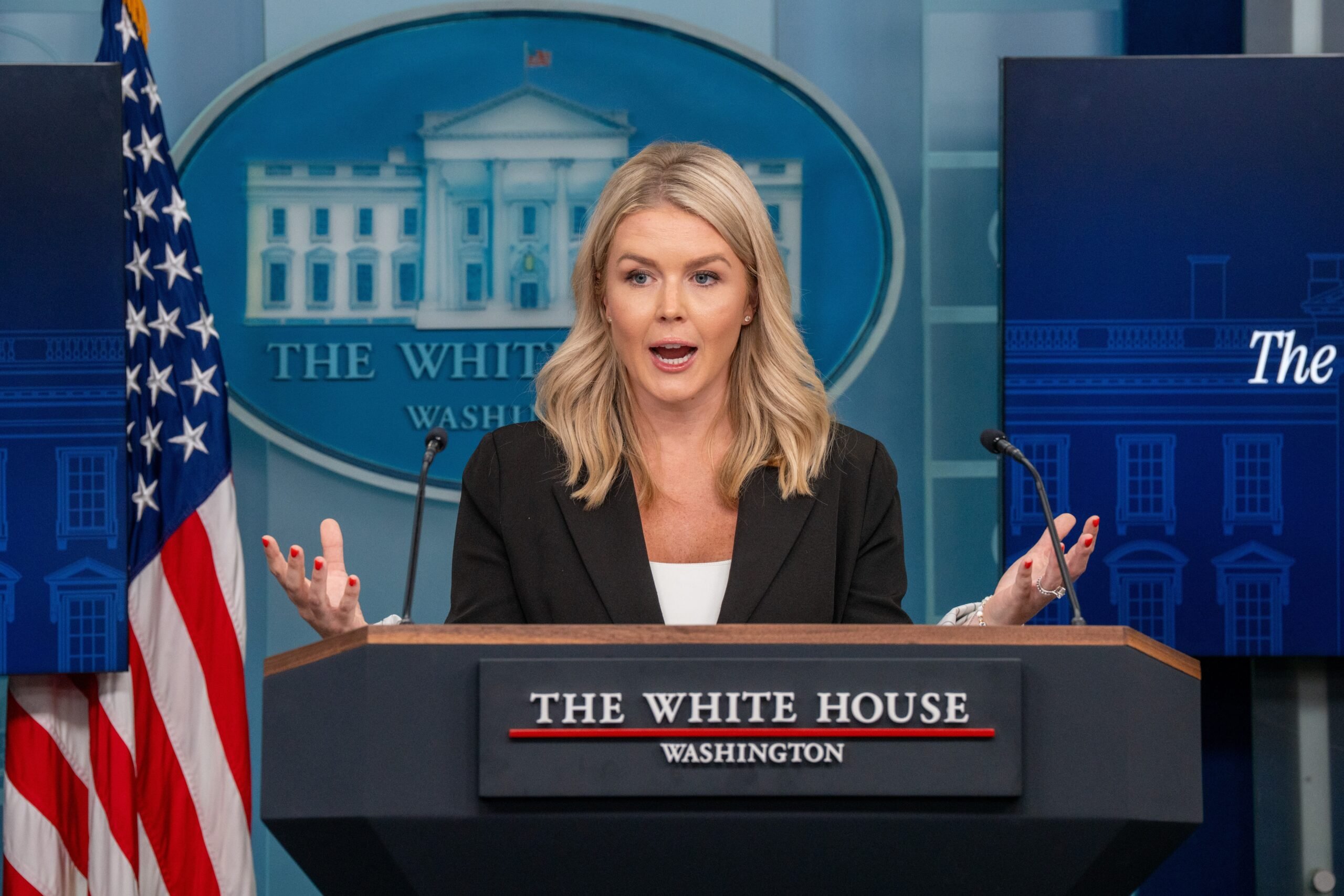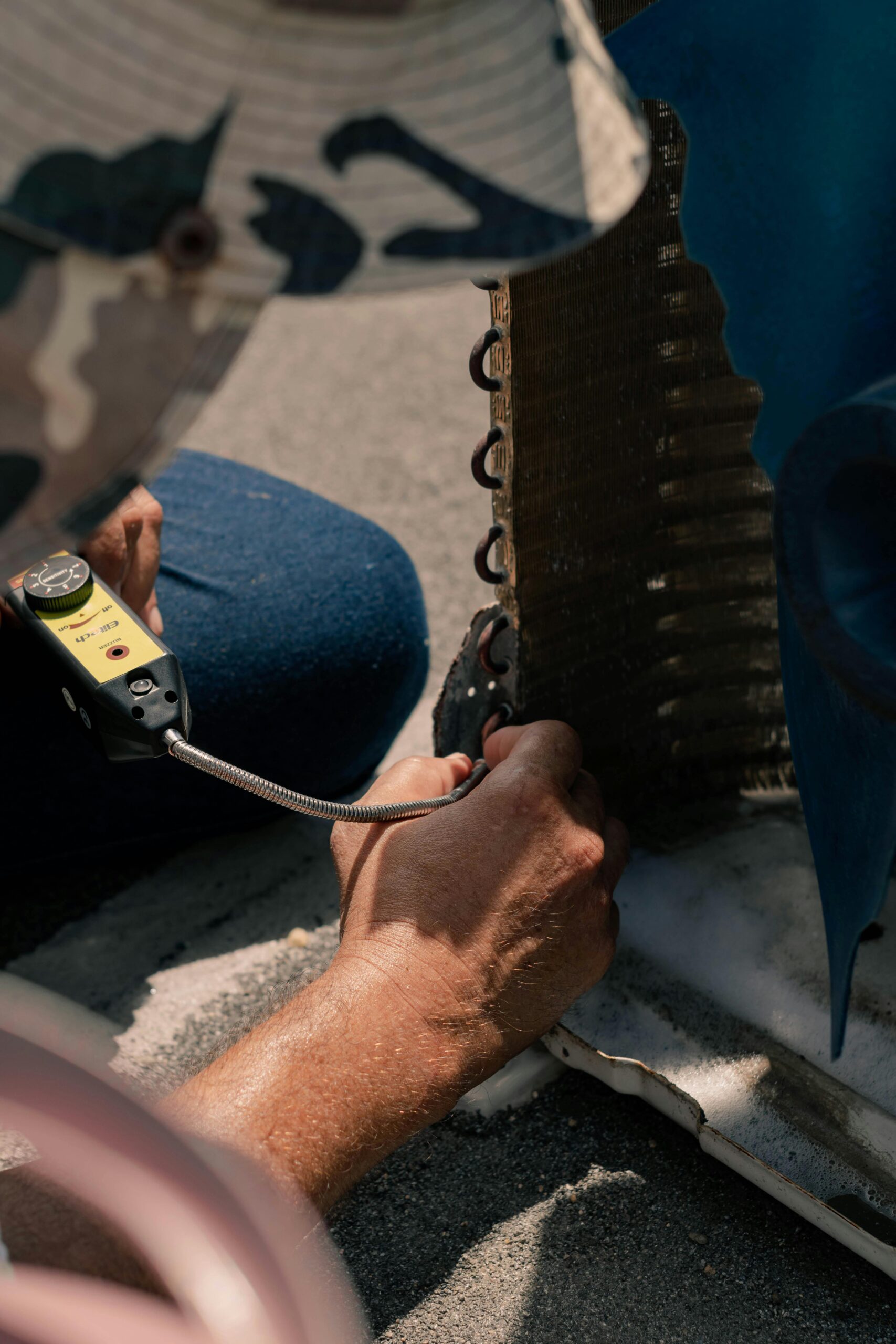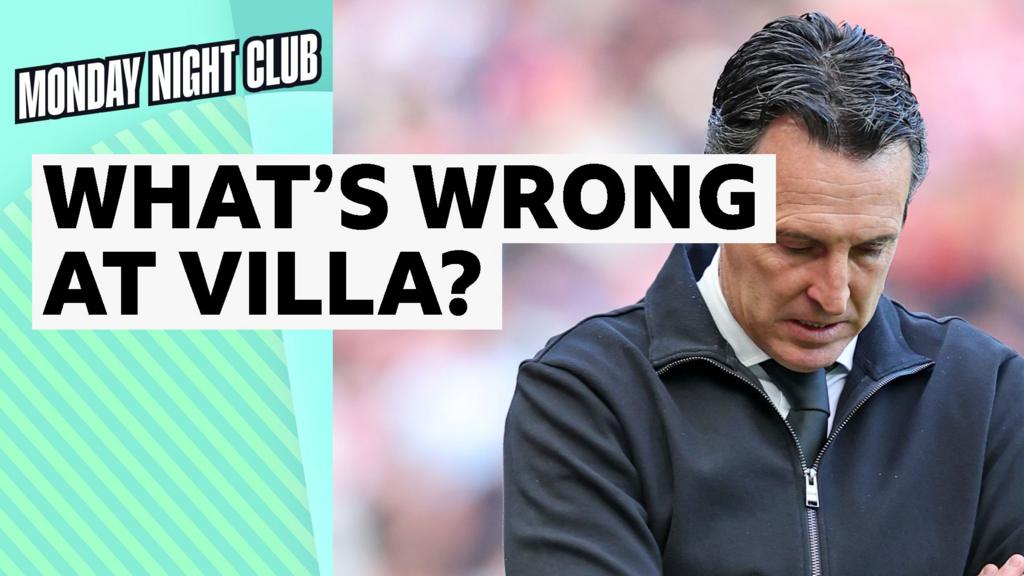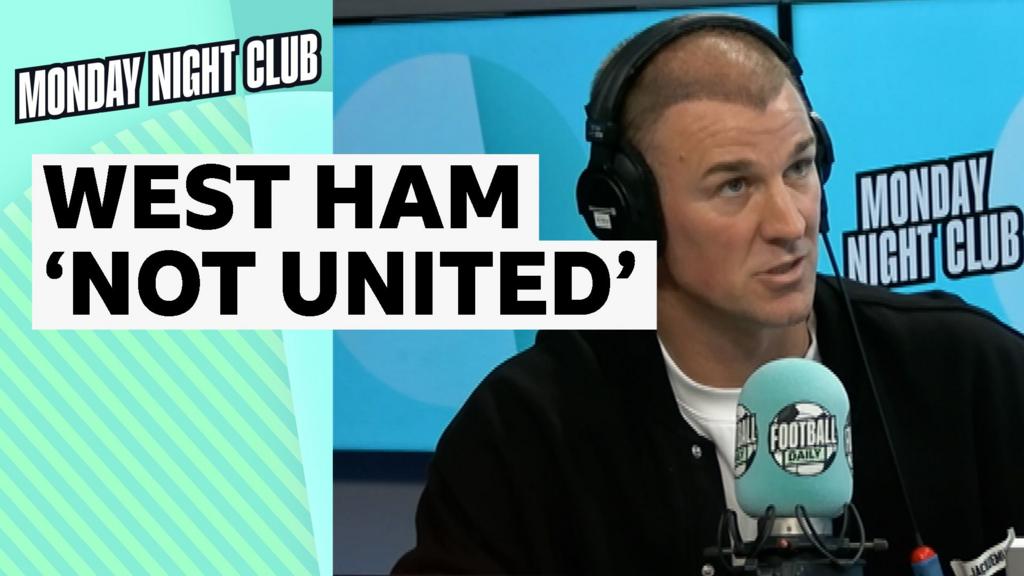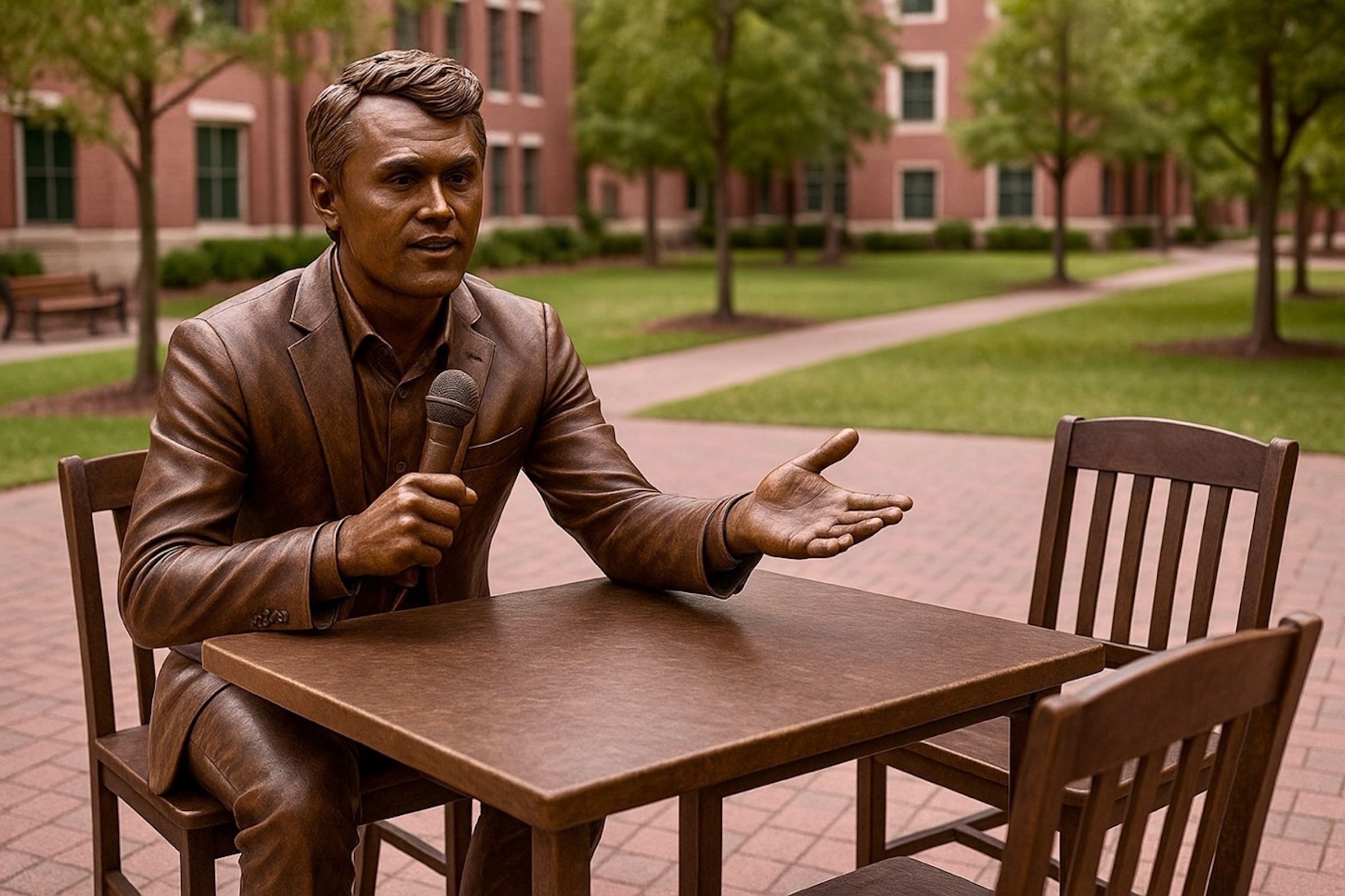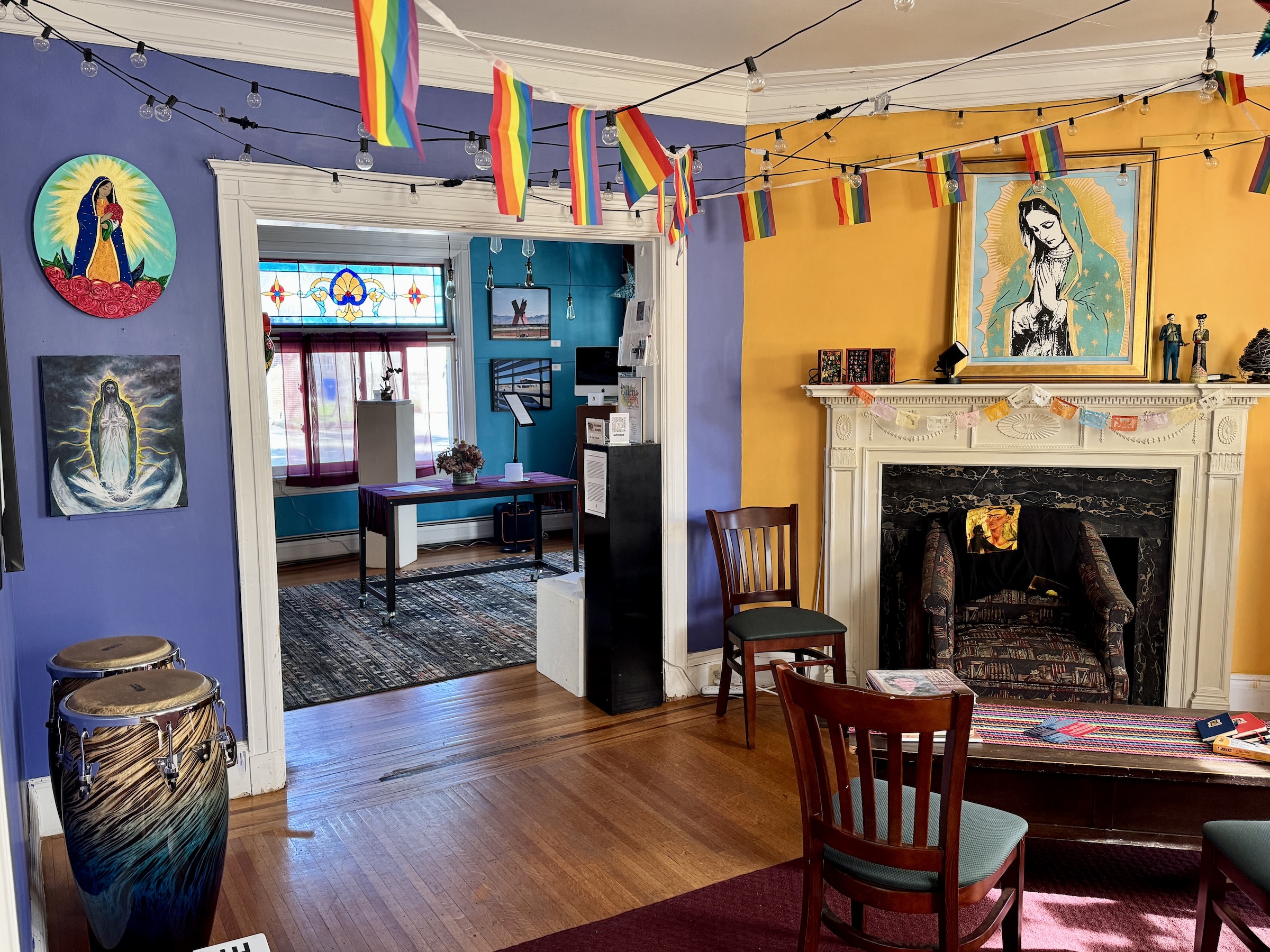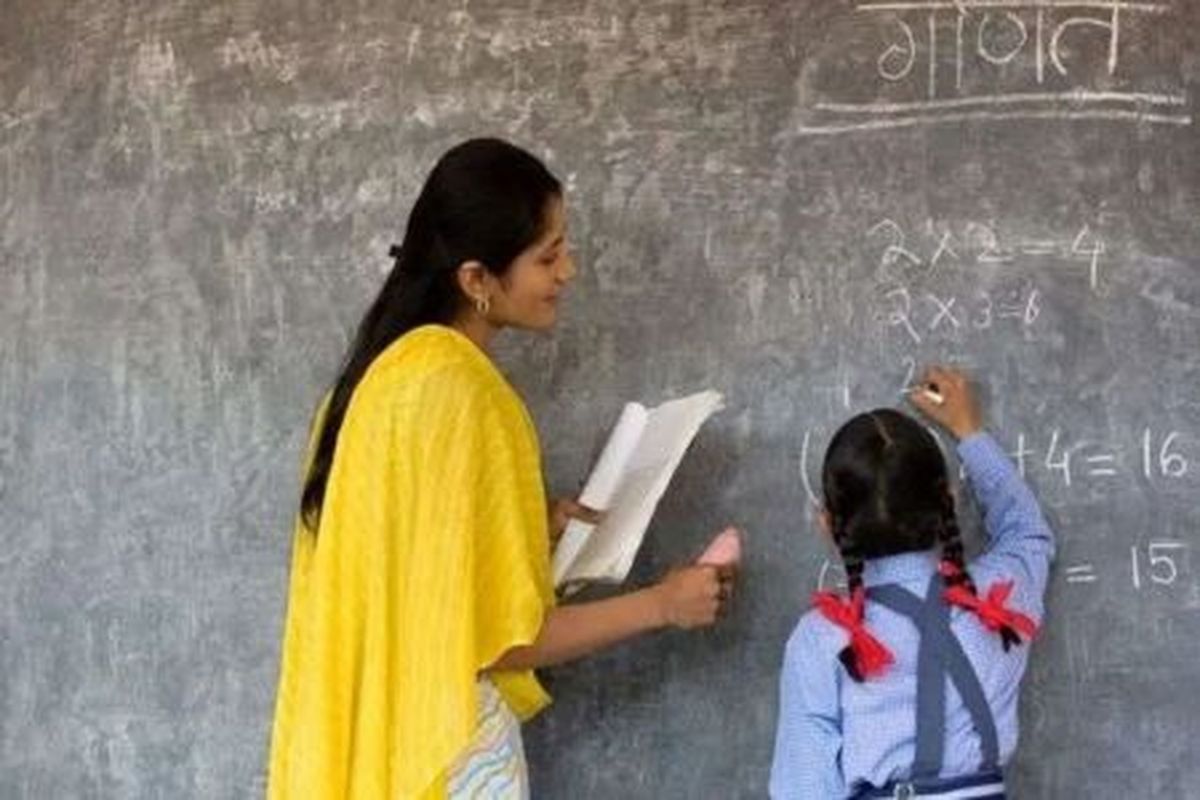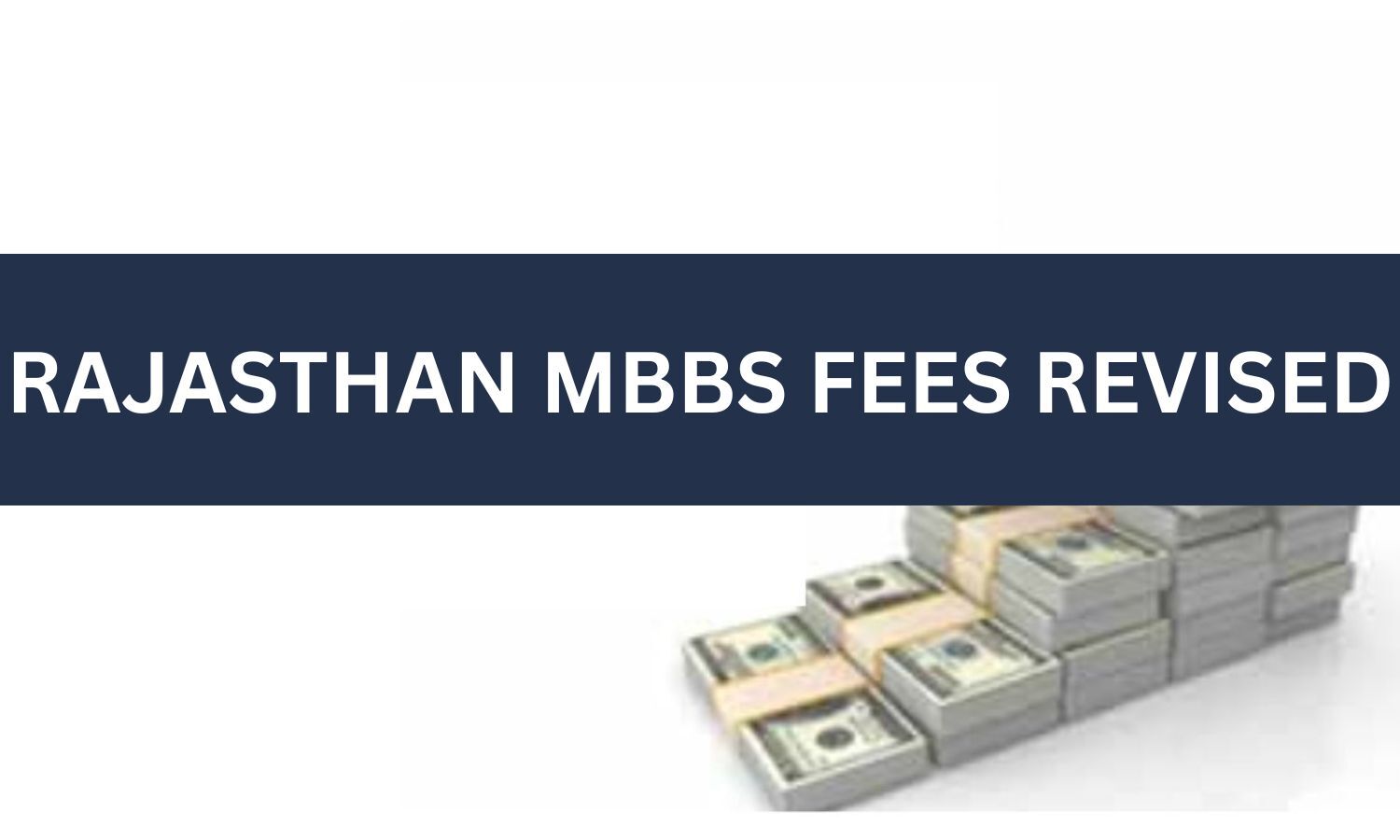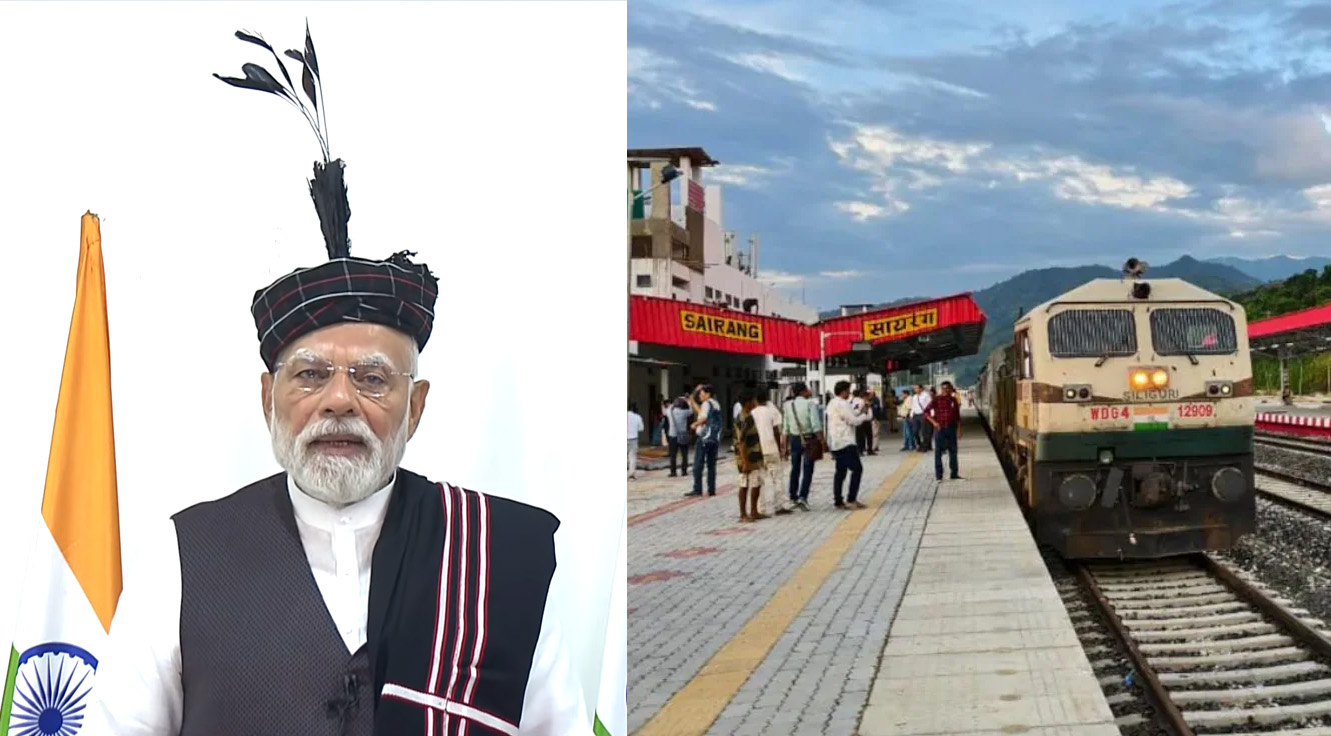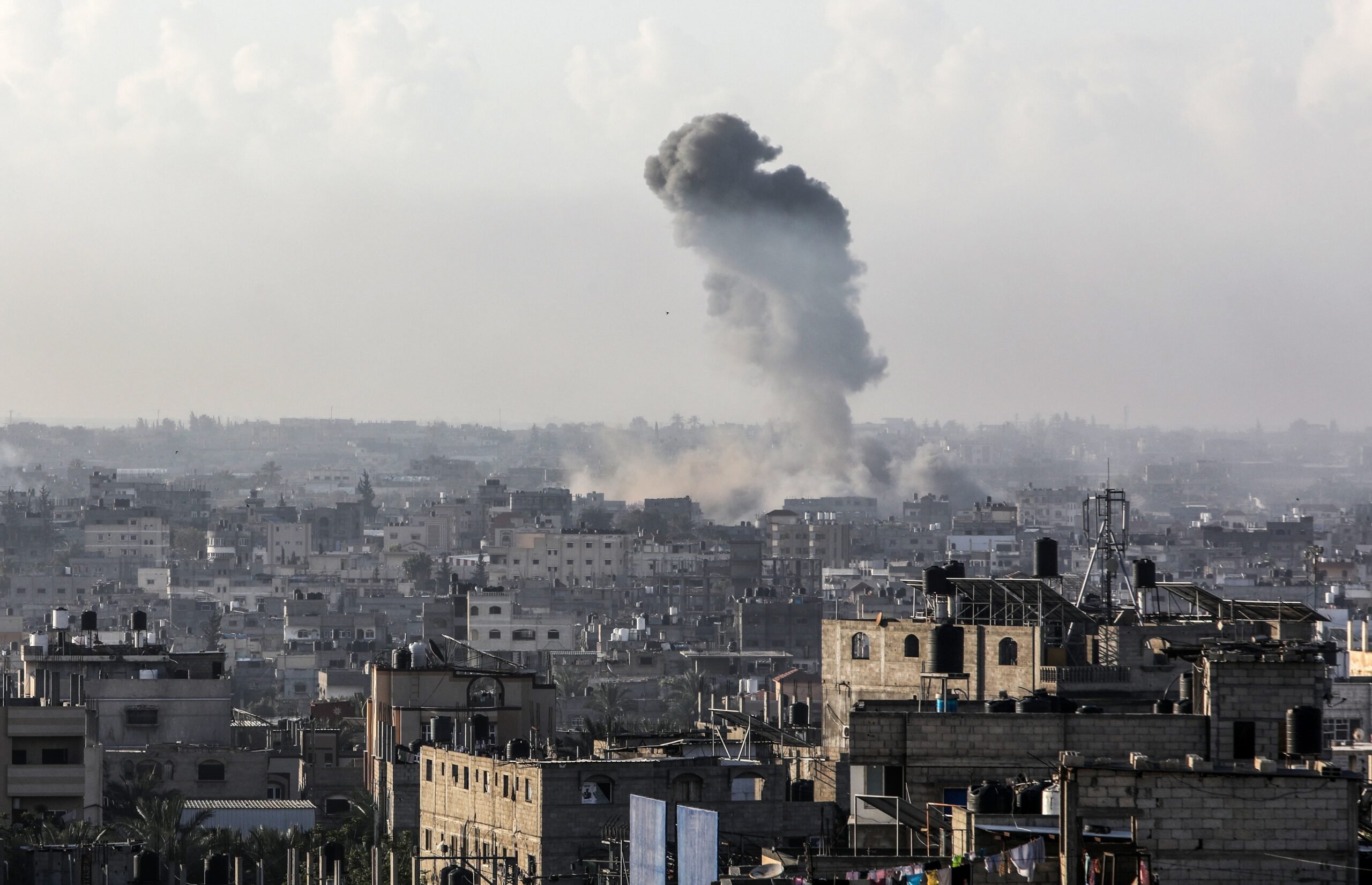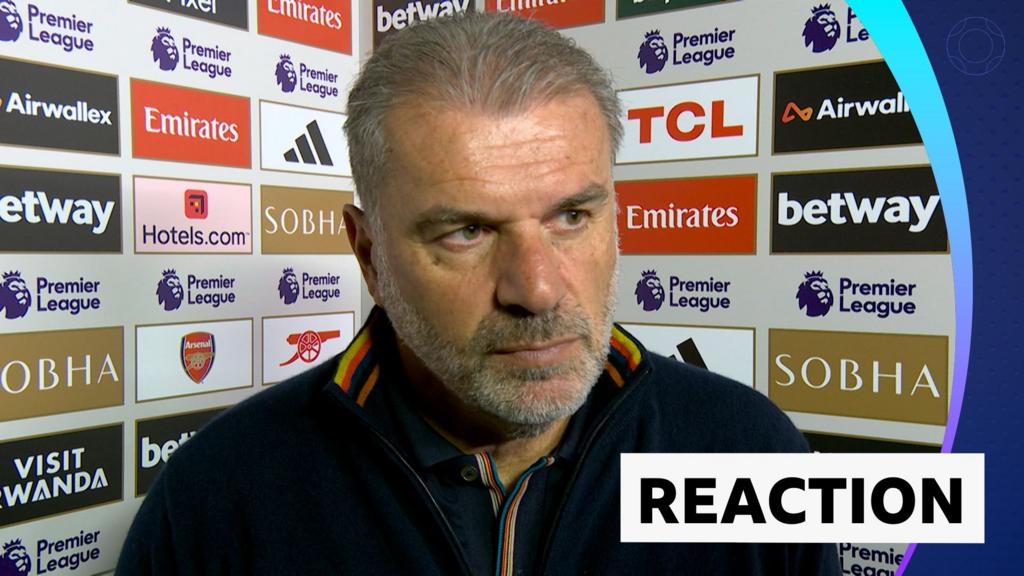Ayodhya Mosque plan rejected by Ayodhya Development Authority in the absence of required NOCs, read why the Fire Department is objecting
The Ayodhya Development Authority (ADA) has rejected the plan for the construction of a mosque in Dhannipur village due to the absence of no-objection certificates from government departments, as revealed by an RTI query filed by journalist Om Prakash Singh. 5 acres of land were allotted to the state Sunni Central Waqf Board in compliance with the Supreme Court’s judgment in the Ayodhya Ram Mandir case. In a letter dated September 16, 2025, the ADA said that the application submitted by the proposed mosque’s trust on June 23, 2021, was rejected due to the absence of clearances from departments, including Public Works, Pollution Control, Civil Aviation, Irrigation, Revenue, Municipal Corporation, and Fire Services. After the Supreme Court verdict on November 9, 2019, which directed the allotment of the land to the state Sunni Central Waqf Board, district magistrate Anuj Kumar Jha transferred the possession of the land located in Dhannipur village of Sohawal tehsil, about 25 km from Ayodhya town. An amount of ₹4,02,628 was deposited by the mosque trust as application and scrutiny fees for the proposed mosque, as confirmed by the ADA. NOC not issued due to a fault in the plan for the proposed mosque Mosque trust secretary Athar Husain said that during a site inspection, the fire department had raised concerns about the approach road. As per the norms for the proposed mosque and hospital building, the road should be 12 metres wide, while the road at the site is only about six metres wide and just four metres wide at the main approach of the mosque. “Apart from the fire department’s objection, I have no idea about the objections of other departments,” Hussain said. “The Supreme Court mandated the land for the mosque, and the Uttar Pradesh government allotted the plot. I am speechless as to why the government departments have not given no-objection and why the authority has rejected the mosque’s plan,” he added. The construction of the mosque has been on hold all these years, as the mosque plan has not been able to fulfil the norms of construction. In November 2022, Husain informed that out of the 15 types of No Objection Certificates (NOCs) required for the construction, 14 were made available by the ADA, but the NOC from the fire department was not received due to the narrow road. Since the issue regarding the narrow approach road has not been resolved, the fire department has not yet issued an NOC. Along with the mosque, which is proposed to be a 7-story building with capacity to accomodate 2000 people, the mosque trust plans to build other facilities on the site, including a 300-bed multi-speciality hospital offering free treatment to the patients, a community kitchen, in which more than 1000 people will be able to eat food every day for free, and a research centre. First cheque of donation for the mosque was given by a Hindu The site was granted to the state Sunni Central Waqf Board by the Supreme Court to pacify the Muslim side, which has been laying claim to the Ramjanmabhoomi for decades. The state Sunni Central Waqf Board initially showed reluctance to accept the allotted land, but eventually accepted the land around four months after the verdict. Notably, the first donation for the construction of the mosque was made by a Hindu person. Mosque trust secretary Athar Husain said that the trust received the first cheque of ₹21,000 as a donation for the mosque from a person named Rohit Srivastava. Till November 2022, out of the total amount of donation received by the mosque trust, around 40 per cent was given by Hindus, while Muslims have only contributed 30 per cent.
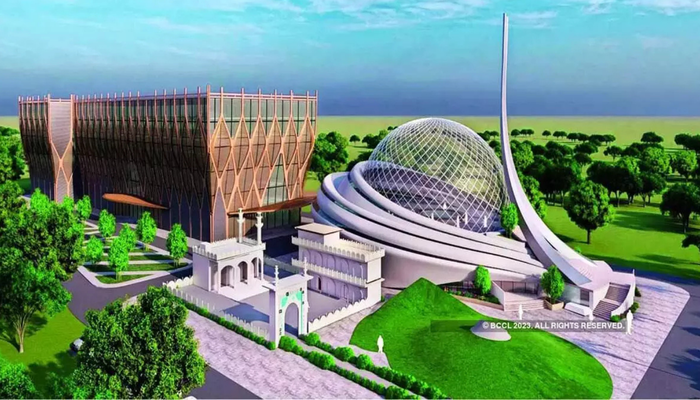


The Ayodhya Development Authority (ADA) has rejected the plan for the construction of a mosque in Dhannipur village due to the absence of no-objection certificates from government departments, as revealed by an RTI query filed by journalist Om Prakash Singh. 5 acres of land were allotted to the state Sunni Central Waqf Board in compliance with the Supreme Court’s judgment in the Ayodhya Ram Mandir case.
In a letter dated September 16, 2025, the ADA said that the application submitted by the proposed mosque’s trust on June 23, 2021, was rejected due to the absence of clearances from departments, including Public Works, Pollution Control, Civil Aviation, Irrigation, Revenue, Municipal Corporation, and Fire Services.
After the Supreme Court verdict on November 9, 2019, which directed the allotment of the land to the state Sunni Central Waqf Board, district magistrate Anuj Kumar Jha transferred the possession of the land located in Dhannipur village of Sohawal tehsil, about 25 km from Ayodhya town. An amount of ₹4,02,628 was deposited by the mosque trust as application and scrutiny fees for the proposed mosque, as confirmed by the ADA.
NOC not issued due to a fault in the plan for the proposed mosque
Mosque trust secretary Athar Husain said that during a site inspection, the fire department had raised concerns about the approach road. As per the norms for the proposed mosque and hospital building, the road should be 12 metres wide, while the road at the site is only about six metres wide and just four metres wide at the main approach of the mosque. “Apart from the fire department’s objection, I have no idea about the objections of other departments,” Hussain said. “The Supreme Court mandated the land for the mosque, and the Uttar Pradesh government allotted the plot. I am speechless as to why the government departments have not given no-objection and why the authority has rejected the mosque’s plan,” he added.
The construction of the mosque has been on hold all these years, as the mosque plan has not been able to fulfil the norms of construction. In November 2022, Husain informed that out of the 15 types of No Objection Certificates (NOCs) required for the construction, 14 were made available by the ADA, but the NOC from the fire department was not received due to the narrow road. Since the issue regarding the narrow approach road has not been resolved, the fire department has not yet issued an NOC. Along with the mosque, which is proposed to be a 7-story building with capacity to accomodate 2000 people, the mosque trust plans to build other facilities on the site, including a 300-bed multi-speciality hospital offering free treatment to the patients, a community kitchen, in which more than 1000 people will be able to eat food every day for free, and a research centre.
First cheque of donation for the mosque was given by a Hindu
The site was granted to the state Sunni Central Waqf Board by the Supreme Court to pacify the Muslim side, which has been laying claim to the Ramjanmabhoomi for decades. The state Sunni Central Waqf Board initially showed reluctance to accept the allotted land, but eventually accepted the land around four months after the verdict. Notably, the first donation for the construction of the mosque was made by a Hindu person. Mosque trust secretary Athar Husain said that the trust received the first cheque of ₹21,000 as a donation for the mosque from a person named Rohit Srivastava. Till November 2022, out of the total amount of donation received by the mosque trust, around 40 per cent was given by Hindus, while Muslims have only contributed 30 per cent.


